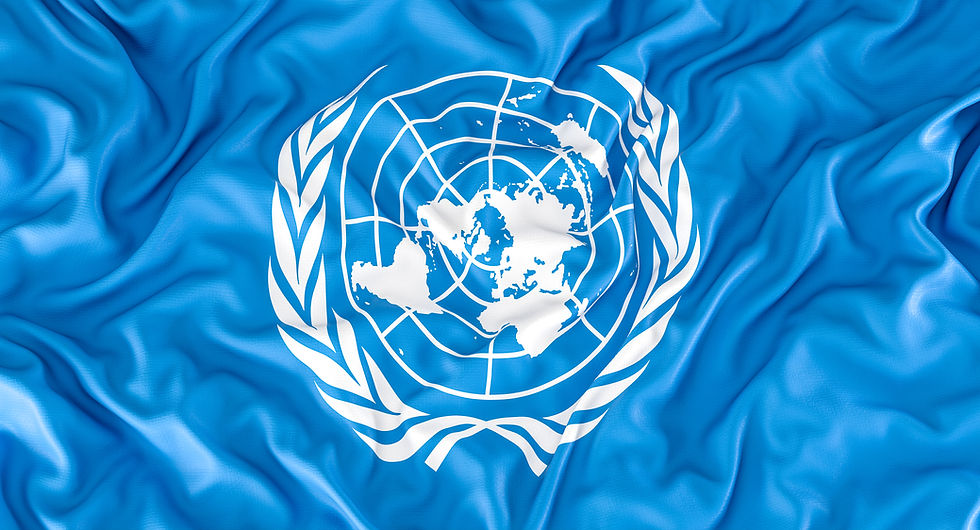Closing the Financial Gap in Social Protection
- BRANDi
- Dec 27, 2023
- 2 min read

In the current global context, challenges such as the COVID-19 pandemic, the climate emergency, and a food-energy-finance crisis are impacting the lives of vulnerable populations. Social protection encompasses a range of policies and programs aimed at providing assistance and support to individuals and communities during times of need. These measures help people cope with various risks and vulnerabilities they face. However, many developing countries encounter substantial challenges in their social protection systems, including limited coverage for the most vulnerable, insufficient funding, weak legislative and policy frameworks, and inadequate institutional and human resource capabilities.
SOCIAL PROTECTION PROGRESS
Despite ongoing high levels of need amidst multiple crises, progress on social protection measures and innovations slowed down in 2022. This slowdown has raised concerns about the effectiveness of responses to address the pressing challenges faced by vulnerable populations. It is crucial for countries to maintain the scaled-up social protection measures that were put in place during the pandemic until a robust recovery is achieved. Continued investment in social protection systems is essential for achieving the Sustainable Development Goals. Social protection measures play a critical role in ensuring the well-being and dignity of vulnerable populations, addressing poverty, and reducing inequality as they help safeguard people's basic rights, such as the right to food, healthcare, and social security.
SUSTAINABLE FINANCING OF SOCIAL PROTECTION IN THAILAND
The widening global financing gap for essential social protection is a growing concern. In Thailand, significant resources have been allocated to combat the COVID-19 pandemic, resulting in a fiscal deficit, increased borrowing, and rising public debt. To address the country's challenges, the government must prioritize spending in key social sectors, including social protection, human capital development, quality education, and healthcare. By focusing on sustainable financing, the government can ensure the availability of adequate resources to support these initiatives and meet the long-term needs of the population. This can be achieved through measures such as optimizing tax structures, improving tax administration, and exploring innovative financing mechanisms like Public-Private Partnerships (PPPs).
On this International Day of Epidemic Preparedness, global collaboration in confronting health crises and the pressing need for robust health systems is of utmost importance. Collaboration with the business sector is vital in this endeavor, ensuring that their efforts align with national development goals and prioritize the well-being of the population. PPPs can leverage the expertise and resources of businesses to bridge the financing gap, while the government can tap into the financial resources of private companies, including both domestic and foreign investors, to supplement public funding and expand the scale and coverage of social protection programs. Neglecting to invest adequately and effectively in social protection and other social sectors would put the country's long-term prospects at risk.



Comments